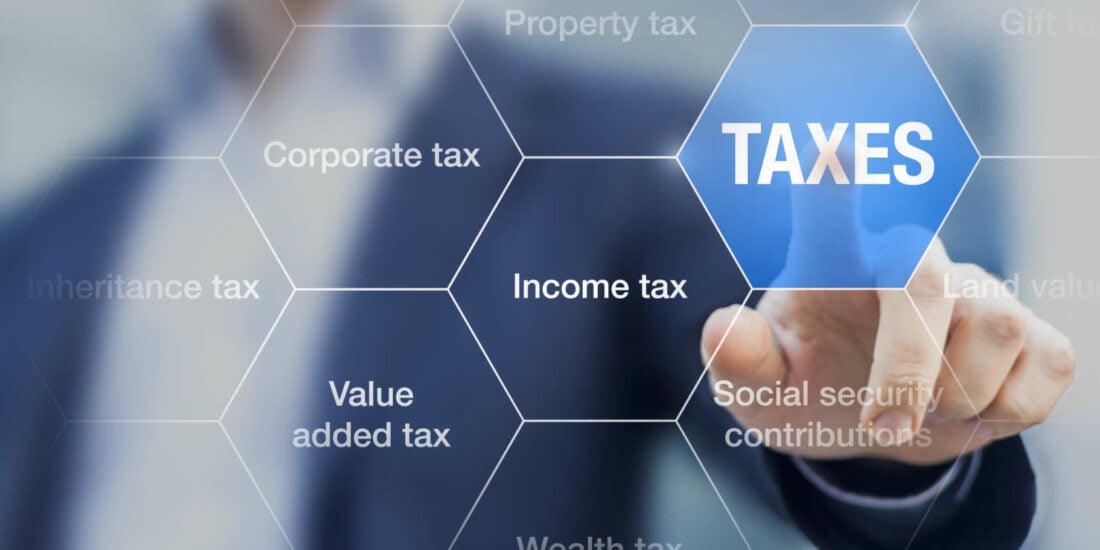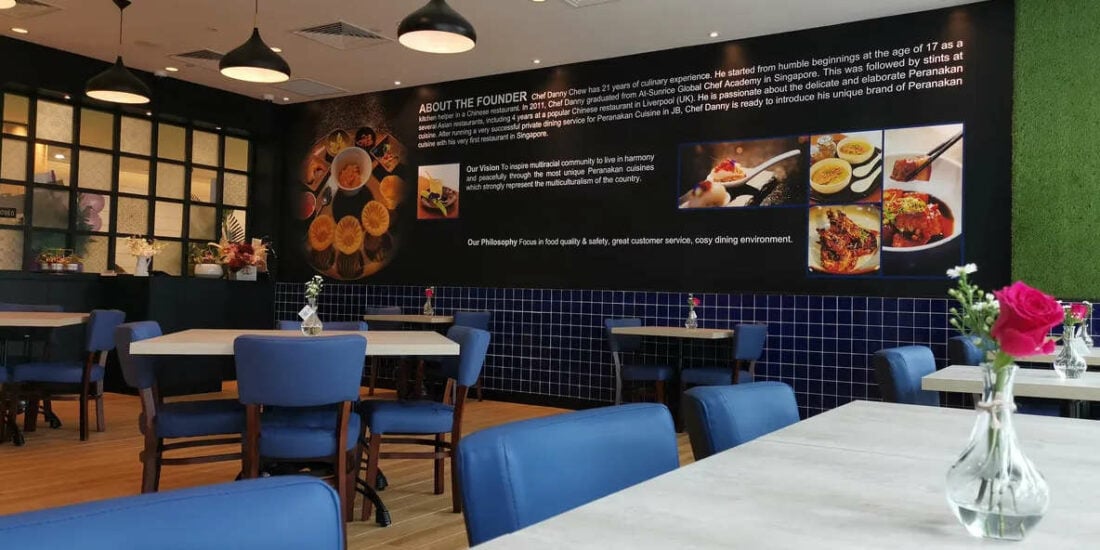
WFH: A Young Lawyer’s Guide to Keeping Safe and Sane
When the Circuit Breaker measures were first announced by the government on 3 April 2020, I couldn’t imagine what working from home would be like with the entire office closed. While my office had been on a split team arrangement for the month prior, it was surreal to know that all workplaces would be closed and we would be holed up in our respective homes for the long haul. Court hearings were adjourned save for urgent and essential matters, and personal service of documents would go against the spirit of the safe distancing measures. Perhaps the biggest shock to many was that legal work was not an essential service!
Before the reality of the new norm could even sink in, there was a mad rush for everyone to ensure their homes were sufficiently equipped to function as a temporary office. On my part, I packed up the hard-copy bundles from a recently concluded trial and unplugged the computer monitor to prepare for my upcoming work from home adventure.
While the early days were harrowing having to manage an impending Closing Submissions deadline and the new work environment, reporting to a home office each morning became routine and even enjoyable over time. Over two months into this routine, I’ve made some mental notes from my personal experience that can hopefully serve as a helpful guide to those still working from home or if ever we find ourselves in a second Circuit Breaker.
First, don’t let uncertainty paralyse you.
This phrase was adopted from an article I chanced upon in the LawSoc’s COVID-19 Mental Wellness e-mail circulars. In the article, it is suggested that when we are threatened with unproductive uncertainty in a pandemic as such, we may be so focused on the immediate situation that we overlook the broader possibilities. The solution proffered therefore is to think in terms of possibilities and not binary outcomes, as that is how we can find a way forward even amidst an ambiguous situation like the present phased reopening of workplaces.
While cliché, it’s true that change is the only constant and even before COVID-19 came into our lives, the legal industry has been evolving with the times. The forced closure of our physical offices could then be seen as an opportunity for young lawyers to develop useful skills and best practices for daily tasks like signing a document electronically and for firms to move to a cloud-based file management system. In fact, young lawyers can be at an advantage here as we tend to be able to pick up these technological tools quickly and can help our partners or firms by recommending the appropriate tools to invest in or by teaching them how to use such tools.
As you go along, remember to communicate with your partners and colleagues.
Without the institution of an office, isolation can easily creep in because of less face time or delayed communications within your team. Your partners may be feeling the same, coupled with their disability to manage the team physically. I recall receiving a morning call from my concerned partner on my first day of work from home (during the split shift arrangement period) to check in on whether I had started work for the day.
To communicate effectively means being able to engage in continuous conversation with your partners to show that you are producing the same quality of work and build their confidence and trust in you as an associate. It also means keeping in touch with your colleagues, checking in on how they are coping and if there is anything you can do to help.
That said, you should still set boundaries and balance so that you can keep a healthy routine. Partners, like us, do get confused over the days and time while cooped up at home. Don’t be afraid to tell your bosses that your home office needs a lunch break, and don’t forget that your secretary’s home office is closed after office hours too!
Brightening up your workspace can make a big difference in a small way.
By now, I am certain everyone has already set-up a personalised workstation that kept them through the Circuit Breaker period. One particular hack that could make your workstation more welcoming each morning is to decorate it with things that make you smile. It could be a fresh bunch of flowers or a photograph of your favourite moment, the same way you would decorate your office desk. Although a small gesture, I have found this to be an instant mood lifter when checking in to work.
Do still step out of the house and reach out to others – safe distancing is not social distancing!
With the office commute and lunchtime excursions removed from our daily routines, there is a real risk you will be spending an entire day sitting in your home office chair. The short walks from your work desk to the dining table for meals are definitely not a healthy amount of physical activity, even if you live in a bungalow. I personally make it a point to go for a jog at 6pm on weekdays to mark the end of my workday and to get some fresh air. If you’re one to get caught up with work and lose track of the time, it helps to calendar it down and set a reminder.
Apart from fitness, your mental wellness is equally important and having some social interaction with friends and family is necessary. There are many ways to keep in touch virtually, and one of the most popular activities now is Zoom parties. You could do a food exchange or order cocktails and play dress-up with a fun theme over the call.
Finally, don’t waste your spare time and commit to doing more.
Instead of lounging around or binge watching Netflix, why not make better use of your extra time by attending personal development (virtual) events, volunteering with a cause that speaks to you or setting yourself a personal challenge? Where time is no longer a limiting factor, it would be good to identify your personal goals and values, and evaluate the active steps you can take to get there. For me, I’ve been channeling some of my spare time to help a non-profit organisation I volunteer with pivot towards organising virtual events and creating digital content during this period.
The global pandemic and its far-reaching effects is said to be the trial of our generation. For the fellow young lawyers reading this, I hope that you’ll be able to stay safe and sane through this crisis and make the most out of it.






